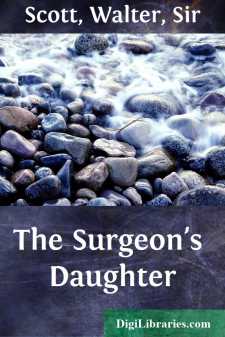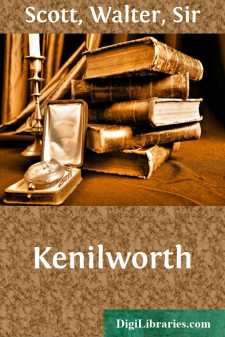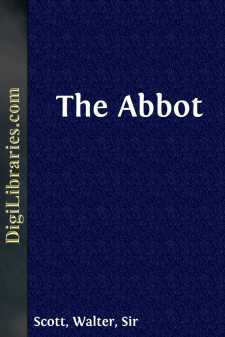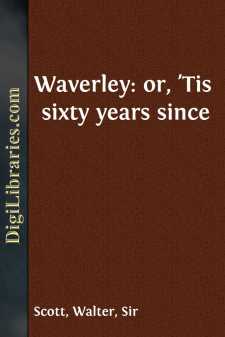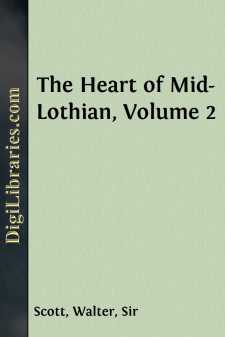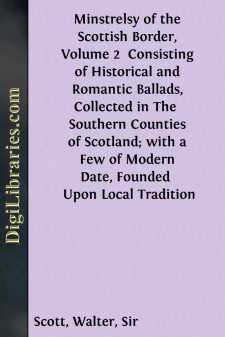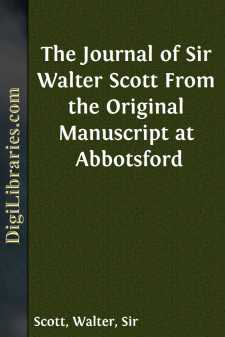Categories
- Antiques & Collectibles 13
- Architecture 36
- Art 48
- Bibles 22
- Biography & Autobiography 813
- Body, Mind & Spirit 142
- Business & Economics 28
- Children's Books 14
- Children's Fiction 11
- Computers 4
- Cooking 94
- Crafts & Hobbies 4
- Drama 346
- Education 46
- Family & Relationships 57
- Fiction 11828
- Games 19
- Gardening 17
- Health & Fitness 34
- History 1377
- House & Home 1
- Humor 147
- Juvenile Fiction 1873
- Juvenile Nonfiction 202
- Language Arts & Disciplines 88
- Law 16
- Literary Collections 686
- Literary Criticism 179
- Mathematics 13
- Medical 41
- Music 40
- Nature 179
- Non-Classifiable 1768
- Performing Arts 7
- Periodicals 1453
- Philosophy 64
- Photography 2
- Poetry 896
- Political Science 203
- Psychology 42
- Reference 154
- Religion 513
- Science 126
- Self-Help 84
- Social Science 81
- Sports & Recreation 34
- Study Aids 3
- Technology & Engineering 59
- Transportation 23
- Travel 463
- True Crime 29
The Surgeon's Daughter
by: Walter Scott
Description:
Excerpt
In the old Stock of Fife, there was not perhaps an individual whose exertions were followed by consequences of such a remarkable nature as those of Davie Duff, popularly called "The Thane of Fife," who, from a very humble parentage, rose to fill one of the chairs of the magistracy of his native burgh. By industry and economy in early life, he obtained the means of erecting, solely on his own account, one of those ingenious manufactories for which Fifeshire is justly celebrated. From the day on which the industrious artisan first took his seat at the Council Board, he attended so much to the interests of the little privileged community, that civic honours were conferred on him as rapidly as the Set of the Royalty [Footnote: The Constitution of the Borough.] could legally admit.
To have the right of walking to church on holy-days, preceded by a phalanx of halberdiers, in habiliments fashioned as in former times, seems, in the eyes of many a guild brother, to be a very enviable pitch of worldly grandeur. Few persons were ever more proud of civic honours than the Thane of Fife, but he knew well how to turn his political influence to the best account. The council, court, and other business of the burgh, occupied much of his time, which caused him to intrust the management of his manufactory to a near relation, whose name was D———, a young man of dissolute habits; but the Thane, seeing at last, that by continuing that extravagant person in that charge, his affairs would, in all probability, fall into a state of bankruptcy, applied to the member of Parliament for that district to obtain a situation for his relation in the civil department of the state. The knight, whom it is here unnecessary to name, knowing how effectually the Thane ruled the little burgh, applied in the proper quarter, and actually obtained an appointment for D——— in the civil service of the East India Company.
A respectable surgeon, whose residence was in a neighbouring village, had a beautiful daughter named Emma, who had long been courted by D———. Immediately before his departure to India, as a mark of mutual affection, they exchanged miniatures, taken by an eminent artist in Fife, and each set in a locket, for the purpose of having the object of affection always in view.
The eyes of the old Thane were now turned towards Hindostan with much anxiety; but his relation had not long arrived in that distant quarter of the globe before he had the satisfaction of receiving a letter, conveying the welcome intelligence of his having taken possession of his new station in a large frontier town of the Company's dominions, and that great emoluments were attached to the situation; which was confirmed by several subsequent communications of the most gratifying description to the old Thane, who took great pleasure in spreading the news of the reformed habits and singular good fortune of his intended heir. None of all his former acquaintances heard with such joy the favourable report of the successful adventurer in the East, as did the fair and accomplished daughter of the village surgeon; but his previous character caused her to keep her own correspondence with him secret from her parents, to whom even the circumstance of her being acquainted with D——— was wholly unknown, till her father received a letter from him, in which he assured him of his attachment to Emma long before his departure from Fife; that having been so happy as to gain her affections, he would have made her his wife before leaving his native country, had he then had the means of supporting her in a suitable rank through life; and that, having it now in his power to do so, he only waited the consent of her parents to fulfil the vow he had formerly made.
The Doctor having a large family, with a very limited income to support them, and understanding that D——— had at last become a person of sober and industrious habits, he gave his consent, in which Emma's mother fully concurred....


